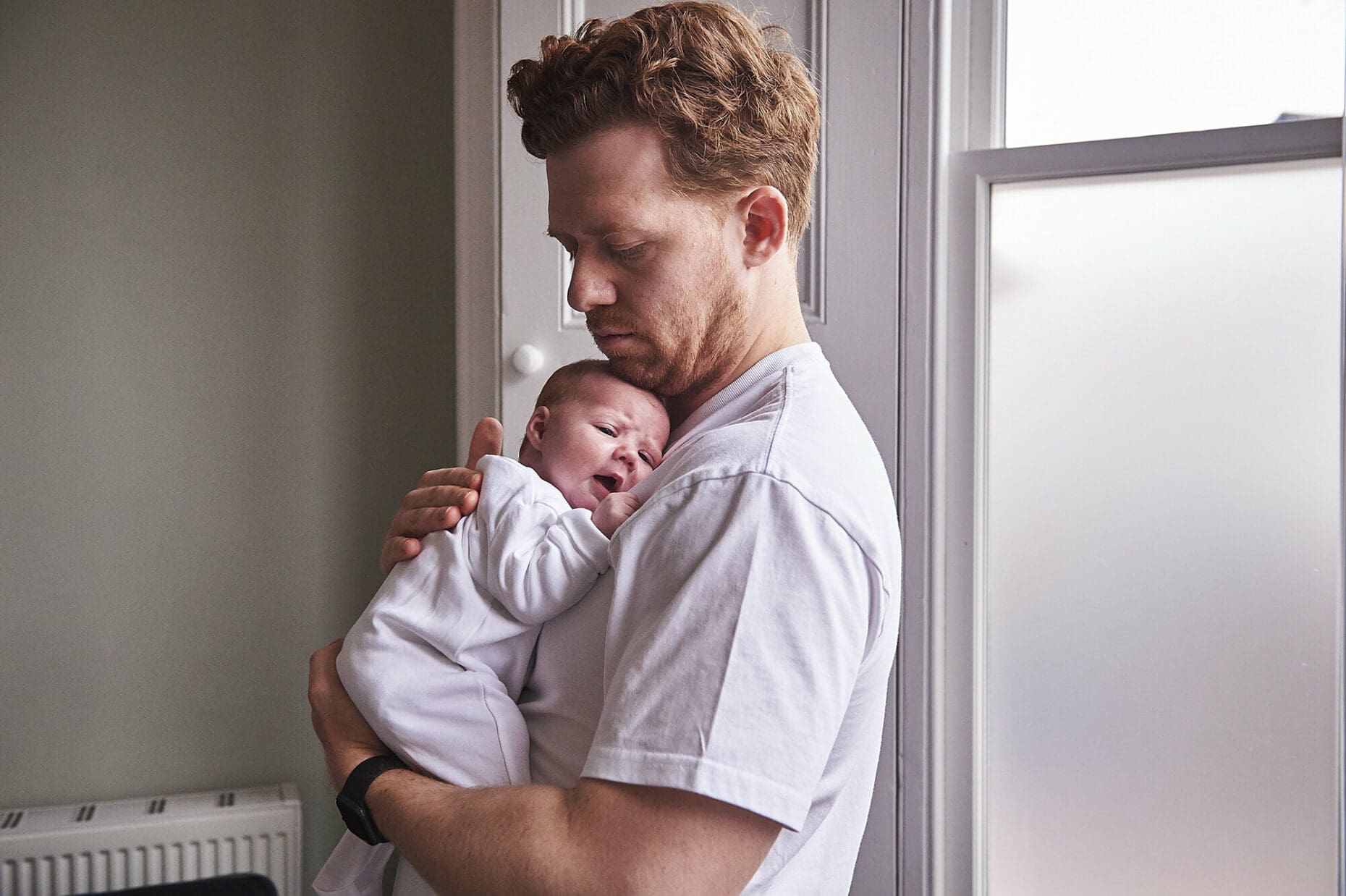Secure relationships in early childhood have been found to act as a buffer for coping with stress, building resilience to difficulties and change, and improved self-esteem in later life. The first 1001 days of a babies life are particularly important as it lays the foundations for both physical and mental wellbeing throughout the lifespan.
However, even the most willing of parents cannot always shield their children from all of the adverse childhood experiences that may present themselves. Some issues or transition points which may be impacting on children and young people include;
- Bereavement and the loss of relationships
- Parental separation and co-parenting
- The impact of a new brother or sister
- Starting or changing schools
- Peer pressure
- Dealing with coming out
- Managing health issues
Some of these transition points and others may affect children’s social and emotional development and they may start to present challenging or concerning behaviour.
Children may start to exhibit behavioural issues or experience stress, anxiety, and self-esteem issues. They may experience difficulties in their relationships with peers, siblings, or teachers as a result.
What parents can do is ensure that children have the tools to deal cope with the effects of adverse experiences when they have arisen. Relate NI children’s counselling is a critical and effective intervention, which can help improve the initial presenting issue. Longer-term, it can help children develop the skills to manage heightened emotions, improve resilience and cope with relationship difficulties better.
In Teens, Relate NI’s counselling process promotes a sense of self-worth, empowers young people to form better relationships, and help harness resilience in the young person, to recognize what has not worked for them in the past and identify what they need to do in the present so that the future is different.
